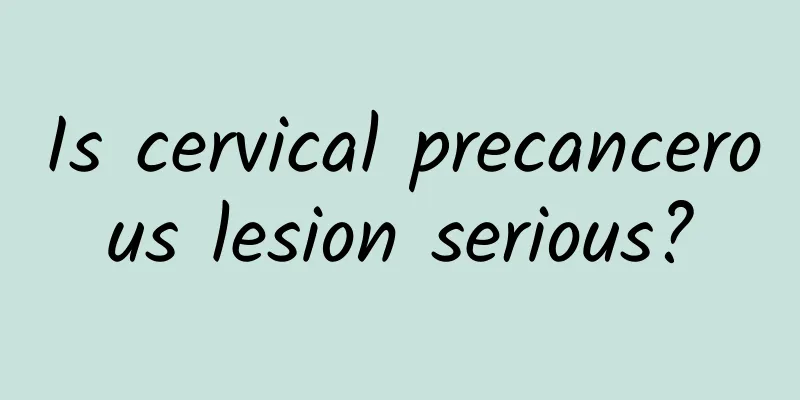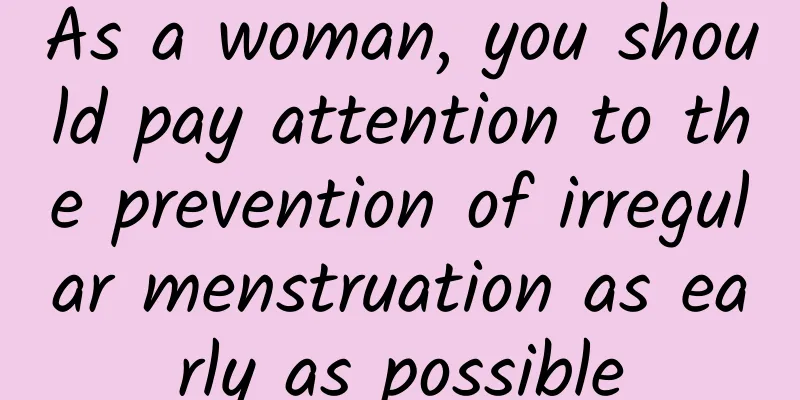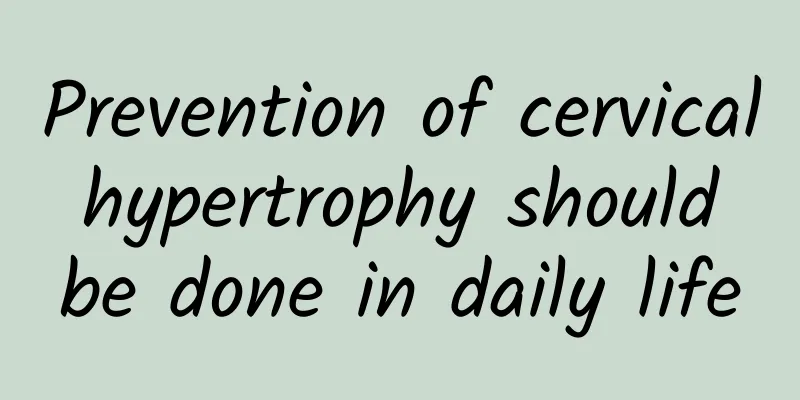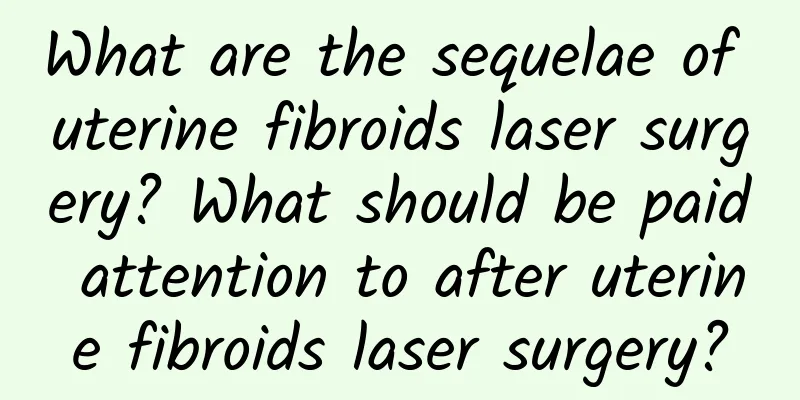What can I eat to make my uterine fibroids bigger? What can I eat to make my uterine fibroids smaller?
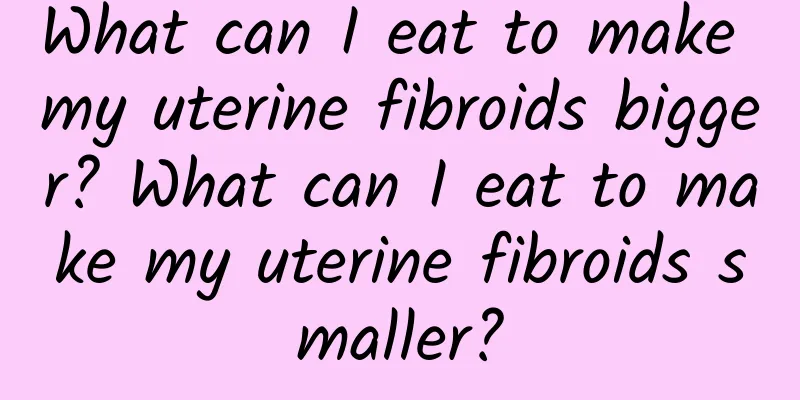
|
Uterine fibroids, also known as uterine fibroids, are common benign tumors in gynecology, mostly occurring in women of childbearing age. Uterine fibroids can cause certain troubles for women in life, so many people hope to relieve symptoms through dietary conditioning. However, incorrect eating habits may promote the growth of uterine fibroids, while correct eating habits can play a certain role in reducing fibroids. So, how can we properly regulate our diet? This article will introduce you in detail from three aspects. 1. Effects of a high-fat diet A high-fat diet refers to foods that contain excessive amounts of fat and cholesterol, such as pork and beef. These foods can cause endocrine disorders, causing the endometrium to continue to proliferate, and thus causing the growth of uterine fibroids. Therefore, patients with uterine fibroids should avoid consuming too much high-fat food and try to choose low-fat foods such as fish, chicken, and tofu instead. 2. Fiber-Rich Foods Fiber is an important nutrient that plays a positive role in reducing uterine fibroids. Fiber-rich foods help promote intestinal peristalsis, excrete waste and excess estrogen from the body, and reduce the growth of uterine fibroids. Vegetables, fruits, and whole grains are all good sources of fiber, so patients with uterine fibroids can eat more of these foods and appropriately increase their dietary fiber intake. 3. The problem with high-estrogen foods The growth of uterine fibroids is closely related to the estrogen level in the body. Excessive intake of high-estrogen foods will lead to increased estrogen levels in the body, which in turn stimulates the growth of fibroids. High-estrogen foods include milk, meat, soy products, etc., so patients with uterine fibroids should avoid excessive intake of these foods. On the contrary, some low-estrogen foods, such as bean sprouts, green tea, kelp, etc., can help inhibit the growth of fibroids, so they can be consumed in moderation. There is a close connection between progesterone and uterine fibroids, so some factors in the diet can affect the secretion of progesterone, thereby affecting the growth of uterine fibroids. Although the therapeutic effect of diet on uterine fibroids is limited, reasonable dietary conditioning can effectively reduce the size of fibroids and relieve symptoms. Therefore, as patients with uterine fibroids, we should try to avoid high-fat diets, consume more fiber-rich foods, and limit the intake of high-estrogen foods. Of course, in the process of dietary conditioning, we should also pay attention to the differences in personal constitutions and consult doctors or nutritionists for advice. |
>>: What effect does Panax notoginseng have on uterine fibroids?
Recommend
Understanding the hazards of pelvic effusion
The pelvic cavity is the cradle for a woman to nu...
Does endometriosis affect life expectancy?
Nowadays, endometriosis has become one of the mos...
How to diagnose yourself for Bartholinitis
Many people are very worried about the discovery ...
Three daily care tips for women with cervical erosion Five things to remember when preventing cervical erosion
There are three levels of cervical erosion, and c...
Can you eat more "zero-calorie foods" to lose weight? The Queen of Bodybuilding Debunks 4 Myths
Is it okay to eat more “zero-calorie” foods durin...
Symptoms of chorionic carcinoma after abortion
Symptoms of choriocarcinoma after abortion may in...
Usually the early symptoms of ectopic pregnancy are just a small amount of bleeding
Ectopic pregnancy is a new invisible killer of pr...
Can hyperprolactinemia be treated?
If you suffer from hyperprolactinemia, this disea...
What are the effects of 2mm uterine fibroids? How to reduce 2mm uterine fibroids?
What are the effects of a 2mm uterine fibroid? Ho...
Dietary principles after artificial abortion
After an artificial abortion, it is necessary to ...
The patient's prolonged course of disease will develop into the cause of chronic cervicitis
Among gynecological diseases, chronic cervicitis ...
What are the precautions for recurrent miscarriage? Pay attention to these 3 points
Women with recurrent miscarriage should pay atten...
Causes of secondary ectopic pregnancy in the abdominal cavity
Ectopic pregnancy in the abdominal cavity is a ra...
What food can you eat after an abortion? What food can't you eat after an abortion?
Abortion is a common method of artificial abortio...
Is it okay to walk when your vulva is itchy?
Many women are busy with many things, so some rel...
